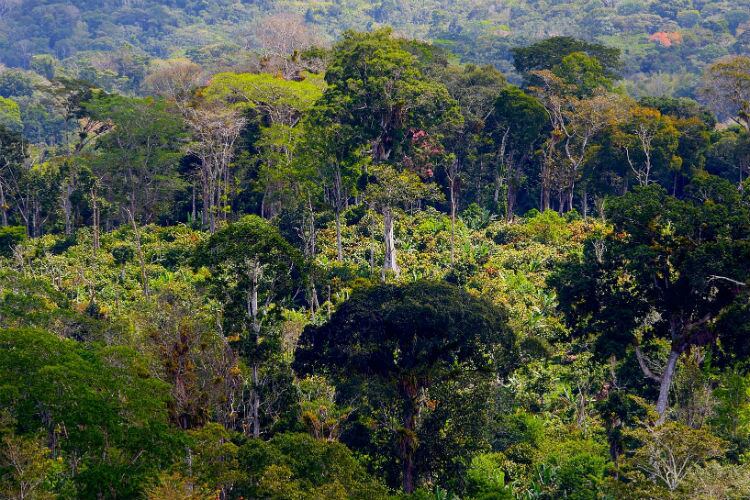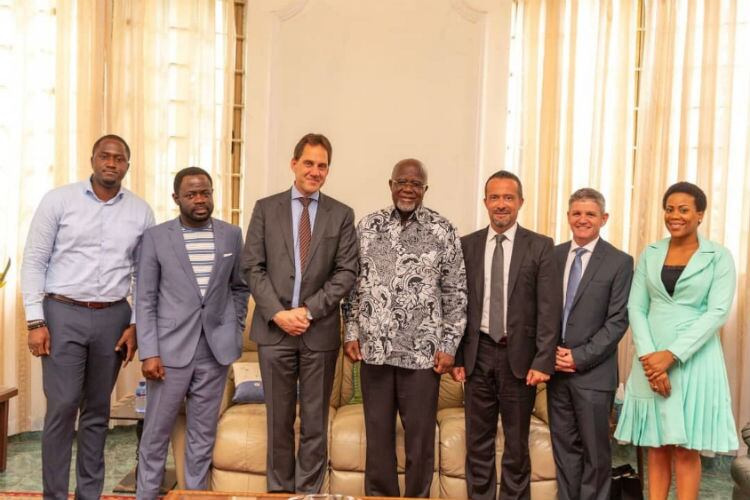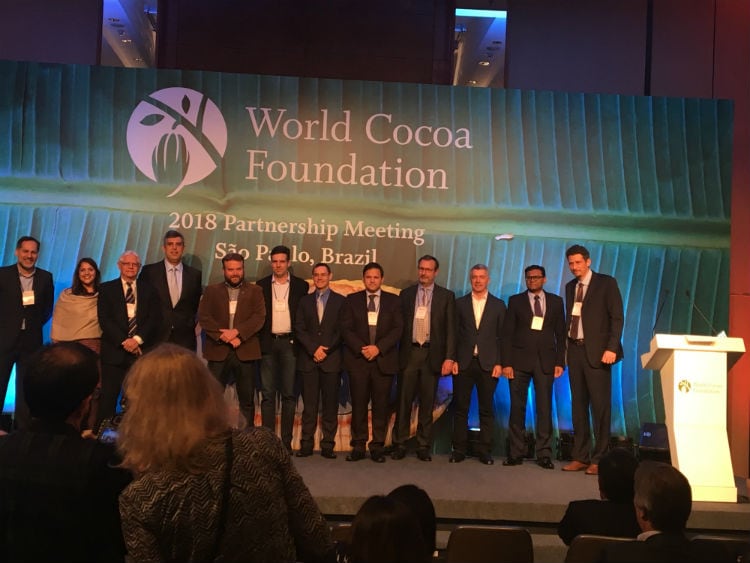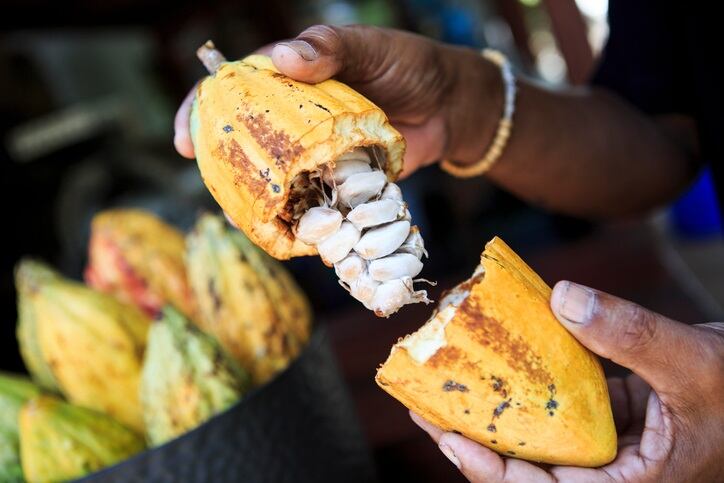Cargill, one of the world’s largest chocolate manufacturers, has announced plans to eliminate deforestation from its cocoa supply chain, with a new strategic action plan.
‘The Protect Our Planet’ plan provides concrete actions Cargill says it is taking to achieve 100% cocoa bean traceability. The plan will also include a commitment of “no further conversion” of any forest land in Ghana and Ivory Coast for cocoa production.
Cargill has also confirmed that the plan expands beyond the two West African countries to include its cocoa supply chain in other origin countries; Brazil, Indonesia and Cameroon.
“We recognize there is considerable urgency to address climate and deforestation challenges. This means engaging in programs to stop deforestation in the countries from which we source cocoa,” said Cargill cocoa & chocolate president, Harold Poelma. ”We have made important first steps but there is more to be done and we believe that this action plan is how we will reach our goal.”
Sustainability goals
In October 2017, Cargill introduced five sustainability goals for a thriving and sustainable cocoa sector, aligned with the UN’s Sustainable Development Goals (SDGs).
Protect Our Planet outlines how the company will achieve those goals and eliminate deforestation from its supply chain by 2030, including:
1. Supply Chain Transparency: Cargill intends to achieve 100% cocoa bean traceability. The company will map its entire cocoa supply chain, using GPS and polygon farm mapping globally, to identify the exact location of the farms and accurately assess farm size.
2. Cargill Cocoa Promise: Cargill is integrating environmental protection projects into its Cocoa Promise program. This includes expanding existing programs related to growing more cocoa on less land, economics and labor issues to include agroforestry, and conservation.
3. Supplier Engagement: The company says it is committed to managing the risk of deforestation not only in the Cargill Cocoa Promise supply chain, but also within indirect cocoa and chocolate ingredient supply chains. This includes raising standards for third-party suppliers to advance their own transparency and build their capacity to address common challenges.
4. Transformation, Together: Last year, Cargill co-signed the Cocoa & Forests Initiative (CFI) alongside 34 other chocolate and cocoa companies, the World Cocoa Foundation, and the IDH Sustainable Trade Initiative to achieve a fair and secure cocoa supply chain. It says Protect Our Planet also 'includes collaborative arrangements with (sub)national & landscapes initiatives, and support of stronger legal enforcement mechanisms'.
5. Reporting & Sharing: Cargill has committed to reporting annually to all its stakeholders, including customers, CFI, NGOs and others.
“Concerns around deforestation and its impact demand a joint response from private and public sectors, companies and citizens alike,” said Poelma. “We are committed to playing our part in ending deforestation in the cocoa sector while improving the lives of cocoa farmers and their communities, reinforcing our ability to thrive as a business while leaving a positive impact on the world around us.”




